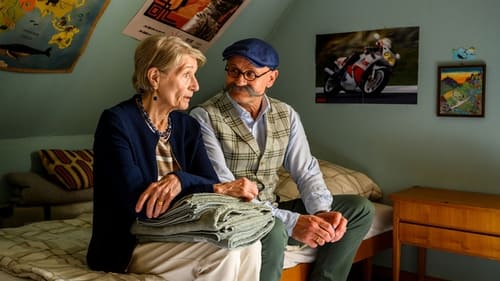
Prof. Dr. Kemps
Based on the bestselling biography: Entertainer Horst Lichter has barely had time to relax on his holiday when his mother calls him. In her own dry way, she tells him that she has been diagnosed with cancer and that things are not going well for her. Immediately Horst returns to his hometown with his wife Nada. Returning home brings back childhood memories - of a loving father and a mother who held the reins firmly in difficult situations. Horst tries his best to support his mother Margret - he organises doctor's appointments and tries to provide a little variety into her daily life, even though the relationship between mother and son has been strained for a long time: he counters his mother's edgy, frosty manner as he had learned to do when he was young. He emphasises the positive side of any situation and is always ready to respond with a snappy retort. When Margret learns how serious her illness really is, Horst begins to rethink his own life as well.
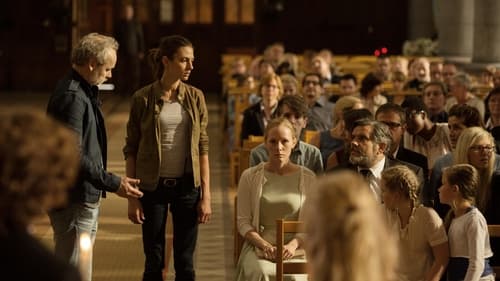
Leitender Polizeidirektor
Thanks to the latest DNA technology, Bruno van Leeuwen finally has a proof in his hands, with which the rapist of the then nine-year-old Vicky can be convicted. Piet Martens, the neighbor of the girl's family, was the culprit. But despite the new evidence, he can not be brought to justice because the crime is now time barred. Martens leaves the police headquarters as a free man. Then Vicky falls on Martens and hits him with a bottle. The police separate the two and Martens' lawyer reports to Vicky about dangerous assault.
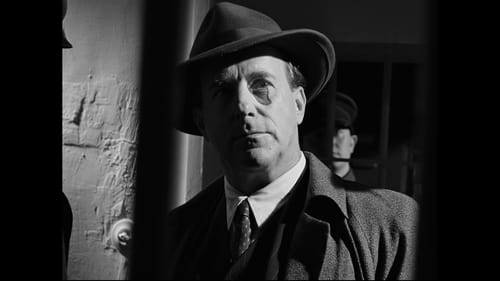
Pelz-Hotte
Filmmaker Fritz Lang seeks inspiration for his first sound film by immersing himself in the case of serial killer Peter Kürten.
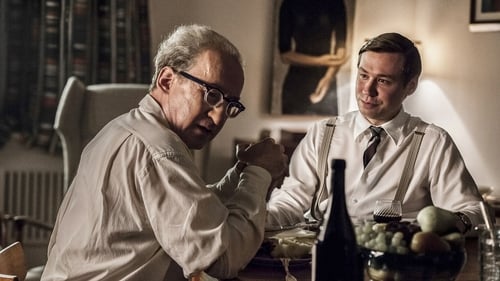
Herr Koch
In the young Federal Republic of Germany, which in the late 1950s in politics and justice is still interspersed with only superficially purified Nazi cliques, leads the Hessian Attorney General Fritz Bauer a lonely fight against the coverup of Nazi crimes and the restorative policy of the government Adenauer - he is firmly convinced that only in this way can the young democracy be consolidated. Not only his attitude, but also his temperament make Bauer vulnerable, again and again resistance forms from politics, intelligence services and the judiciary against the lone fighter.

Herbert Wagner
Bonn 1948. The member of parliament and lawyer Elisabeth Selbert fights tirelessly for the inclusion of the sentence "Men and women have equal rights" in the Basic Law of the future Federal Republic of Germany. Despite the opposition she encounters during sessions in the Parliamentary Council , there is _she does not stop and stubbornly sticks to her plan . Selbert experiences a grandiose triumph when her application is included in the new Basic Law under Article 3, Paragraph 2 . In doing so , she lays the foundation for what has now been a 65-year political and social debate on the subjectEqual rights.

Professsor Schikowsky
Heinz Gödicke (Ronals Zehrfeld) is the chief commissioner of the People's Police in the small town of Eberswalde in Brandenburg. Gödicke is called when two bestial murdered children are found in the forest. The investigator tries to get involved in the perpetrators - a rarely used method at the People's Police - and the perpetrator so on the track. The Stasi-Major Witt (Florian Panzer) is no friend of this procedure and leaves the commissioner only reluctantly free hand in the investigation. The matter does not go to the authorities fast enough and is then simply put to the files. When another murder occurs, it becomes clear that Gödicke was much closer to the enlightenment of the act than everyone thought.

Wenzel Lorant
Eleven years ago, an 8-year-old girl disappeared from a small German town on the German-Czech border. Although her body was never found, nor were there any traces of blood or DNA evidence, a mentally-disabled man was coerced to confess to the crime. Even though he withdrew his admission of guilt two days later, the forced confession was enough to convince the ruling judge. The responsible investigator Altendorf was discharged so that the investigation could be sped along by another colleague.
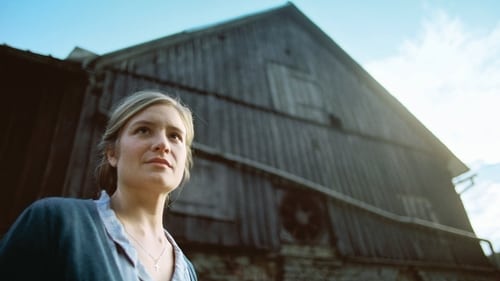
Farmer Sterzer
안드레아 마리아 셴켈 장편소설 원작. 2차 세계대전을 끝낸 독일 어느 한적한 시골 마을 탄뇌드에서 탄뇌드 농장의 일가족이 참혹하게 살해 당한다. 평화로웠던 탄뇌드 마을은 살인사건 후 마을사람 사이에서 미묘한 일들이 계속해서 일어난다.
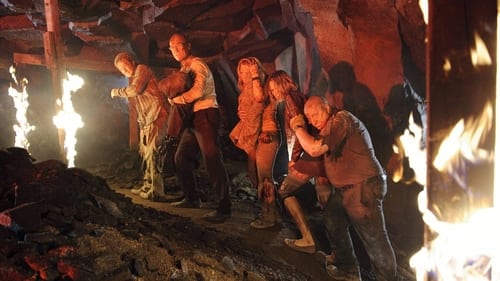
Landwirt Atze
When a dormant volcano suddenly erupts into activity beneath Laach Lake in the Eiffel mountains, panic breaks out among the 500.000 residents.

Ludwigs Vater
The film tells the story of the friendship between Johann and Ludwig as they strive for the ultimate “buddy” relationship. Going beyond, well beyond, what would be considered good and healthy, the pair attempt to become the ideal twins, driving their relationship based on their partnership in competitive rowing (coxless pairs) to the ultimate, to perfect harmony in mind, word, thought and deed. But their symbiotic relationship is thrown out of balance: Ludwig strives to tighten the bonds ever closer, but Johann discovers happiness in the form of love for Ludwig’s sister, Vera. But because Ludwig hates her, the couple keep their relationship secret. But secrets have a way of coming out and Ludwig is wounded to the core. As the finals of the rowing competition draw closer, Ludwig has already set his sights on a greater goal: to preserve their friendship forever, no longer in life but in death.

Rainer von Hessen and Niki de Saint Phalle met after he saw a photo of HON, the 1966 installation for Moderna Museet Stockholm, in a German magazine. Their collaboration began when Saint Phalle first designed the costumes and sets to Aristhophanes’s LYSISTRATA, directed by Hessen (then known under the stage name Diez). Thereafter, Hessen co-authored and directed her play ICH, which was performed at the Staatstheater Kassel in 1968.










